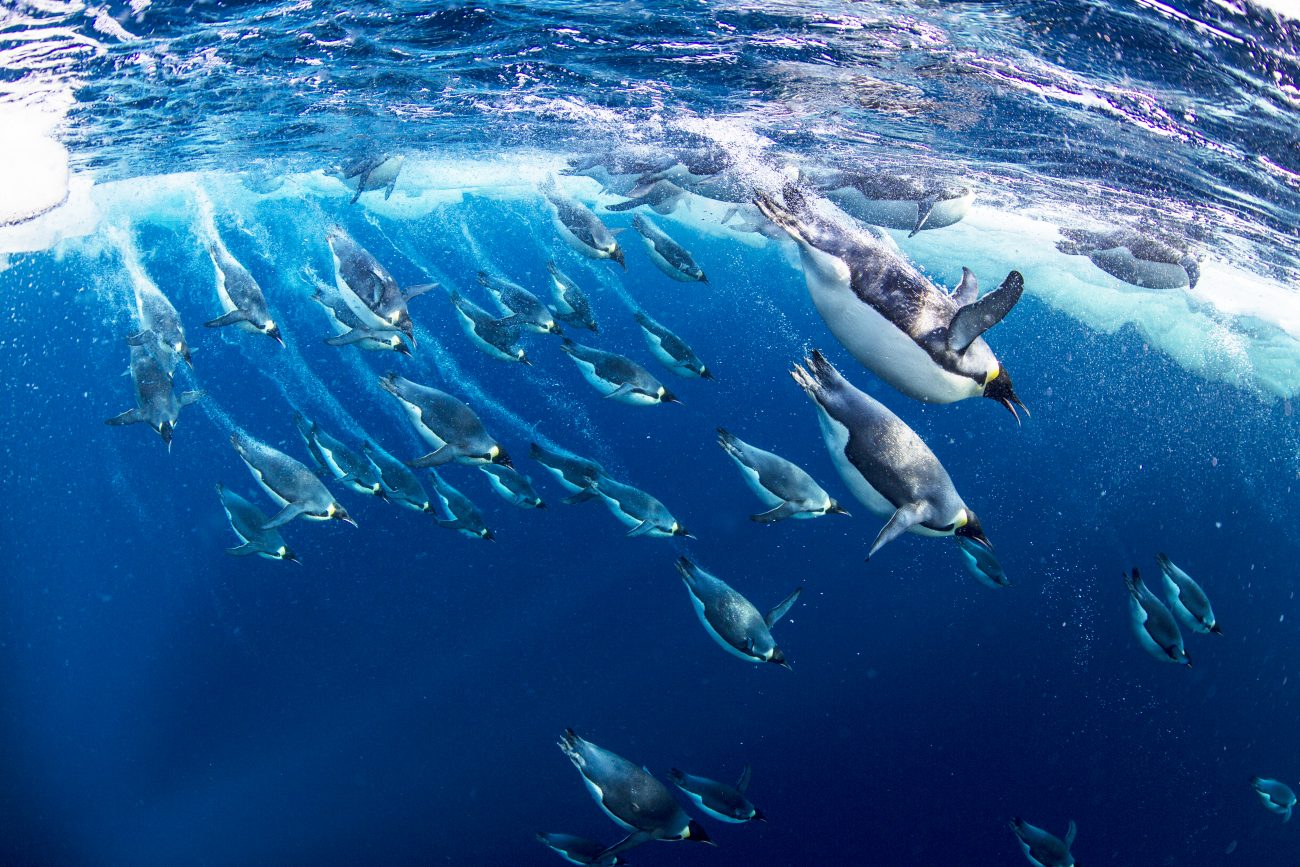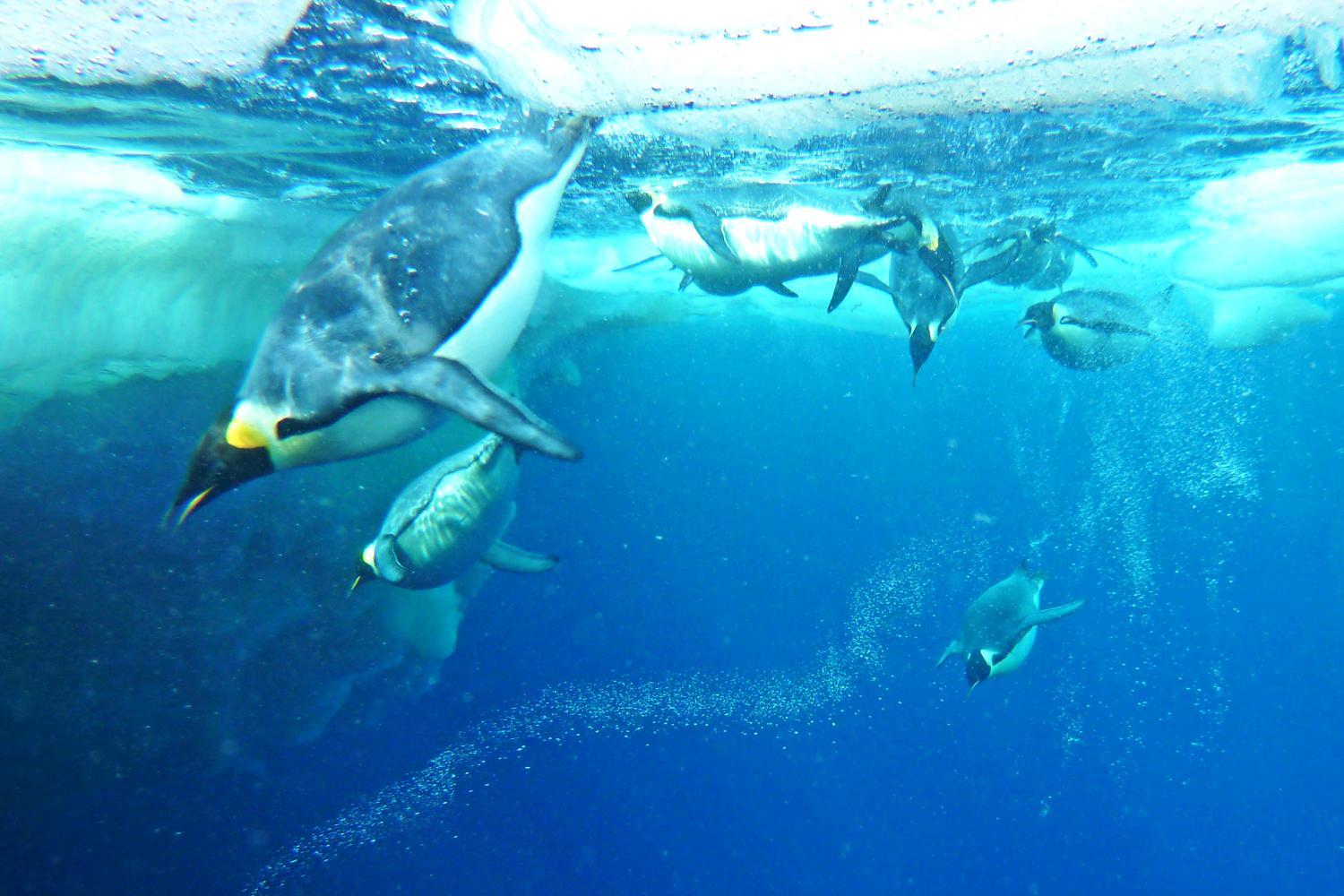How Long Can Penguins Hold Their Breath? Unveiling the Secrets of Penguin Diving Abilities
Penguins, those adorable and resilient creatures of the Southern Hemisphere, have long captured the fascination of both scientists and the general public. One of the remarkable aspects of penguins' behavior is their ability to dive deep into the frigid ocean waters in search of food. A question that often arises is: "How long can penguins hold their breath?" In this article, we will delve into the incredible diving capabilities of these flightless birds and explore the factors that contribute to their impressive breath-holding abilities.
The Physiology Behind Penguin Diving
Before understanding how long penguins can hold their breath, it's crucial to comprehend the physiological adaptations that enable them to dive with such prowess. Penguins have evolved several specialized features that allow them to excel in their underwater endeavors.
-
Oxygen Storage: Penguins possess a high concentration of myoglobin, a protein that stores oxygen in muscles. This adaptation aids in oxygen storage and delivery during dives, ensuring that their muscles receive sufficient oxygen even in oxygen-deprived underwater environments.
-
-
Reduced Heart Rate: Penguins are adept at conserving oxygen by reducing their heart rate during dives. This reduction in heart rate helps slow down oxygen consumption, allowing them to extend their dive durations.

Penguins
Factors Affecting Dive Duration
The duration a penguin can hold its breath underwater varies based on a multitude of factors:
-
Species Variation: Different penguin species exhibit varying breath-holding capabilities. For instance, the Emperor penguin, the largest of all penguin species, can hold its breath for remarkably longer periods compared to smaller species.
-
-
Training and Experience: Young penguins often have shorter dive times compared to adults. As penguins gain experience and become more proficient divers, their breath-holding capacity tends to increase.
-
-
Dive Depth and Activity: The depth of the dive and the activity being performed also impact how long a penguin can hold its breath. Deeper dives and more strenuous activities, such as hunting for food, might lead to shorter dive durations.

Penguins
Record-Breaking Dive Times
Emperor penguins, known for their extraordinary diving abilities, have set some impressive records for breath-holding. Studies have shown that these penguins can remain submerged for up to 20 minutes, diving to depths of 500 meters or more. Such astounding feats showcase the unparalleled adaptations of penguins to their underwater environment.
Survival Strategies
Penguins have evolved several strategies to survive in their harsh aquatic habitats:
-
Predator Avoidance: By diving to considerable depths, penguins can evade predators that lurk near the surface. This behavior enhances their chances of survival and successful foraging.
-
-
Efficient Hunting: Penguins optimize their diving time by efficiently hunting for prey. Their exceptional underwater vision allows them to spot prey even in dimly lit waters, reducing the need for prolonged breath-holding periods.
Conservation Implications
Understanding the breath-holding abilities of penguins is not only fascinating from a scientific perspective but also crucial for conservation efforts. Environmental changes, including shifts in ocean temperatures and food availability, can impact penguins' diving behavior and overall survival.
In the realm of aquatic life, penguins stand out as masters of underwater exploration. Their ability to hold their breath for extended periods, coupled with their remarkable physiological adaptations, has enabled them to thrive in some of the harshest environments on Earth. As we continue to study and appreciate these captivating creatures, we gain insights into the delicate balance between nature and survival in a changing world.